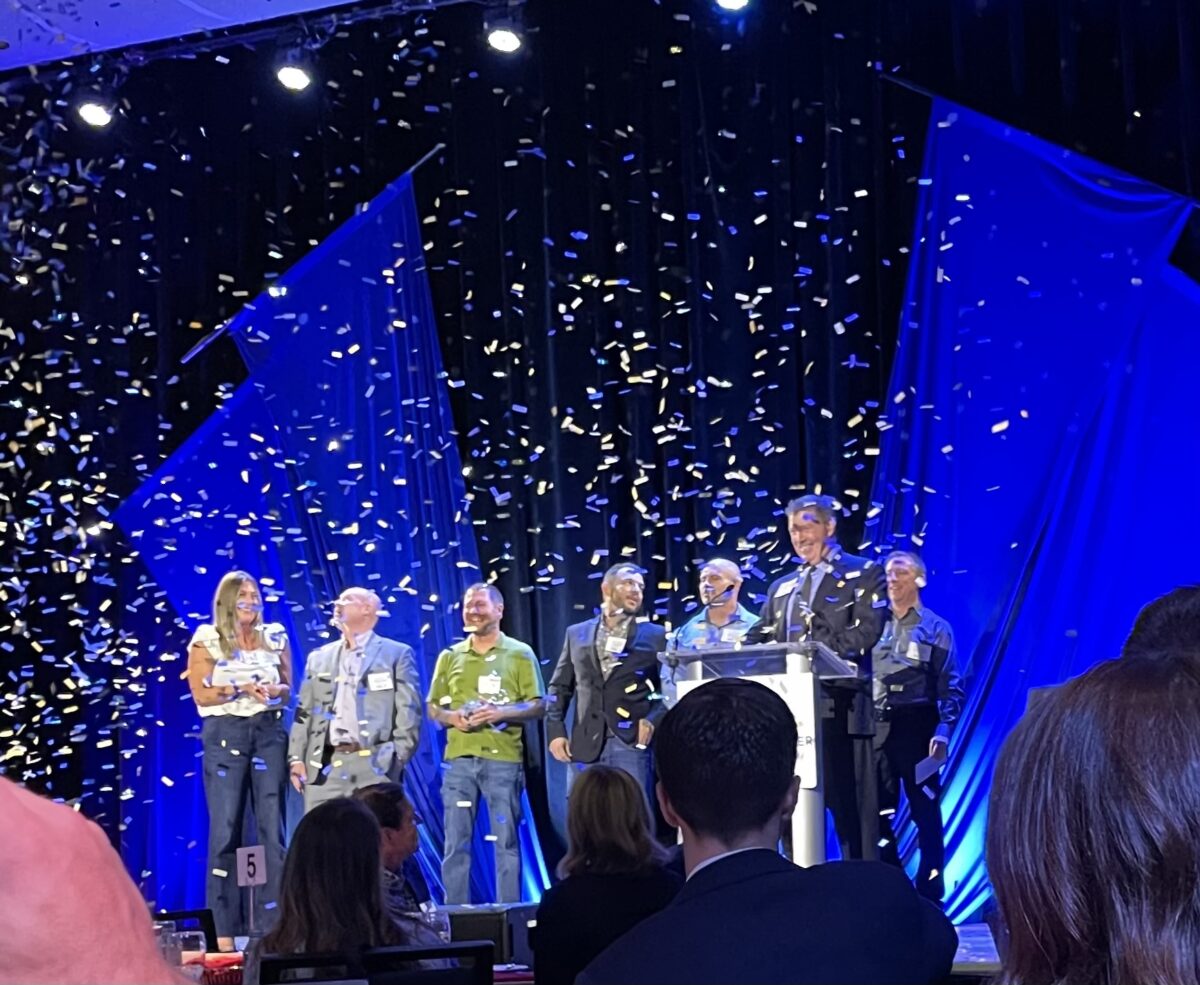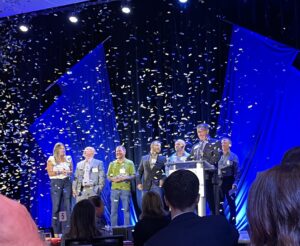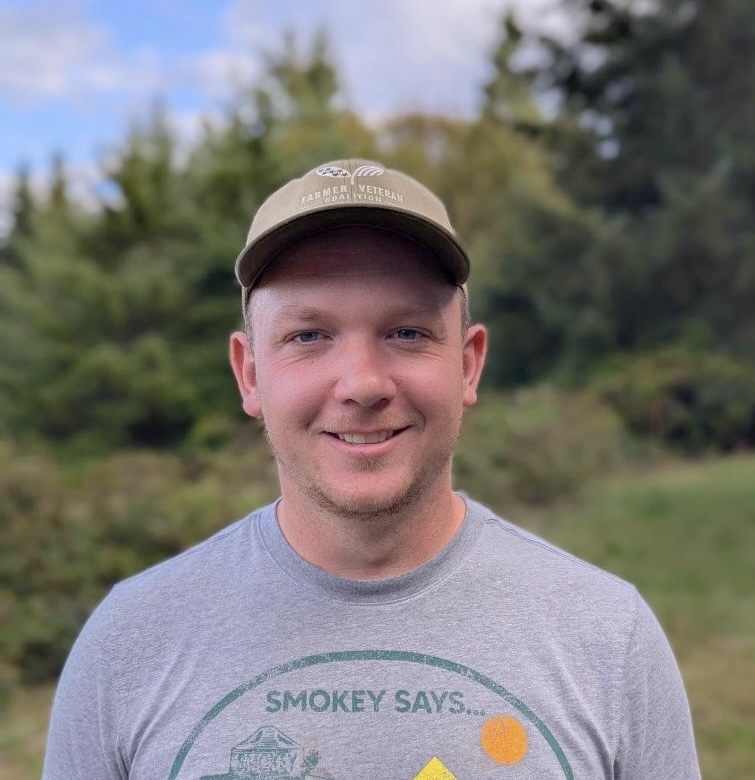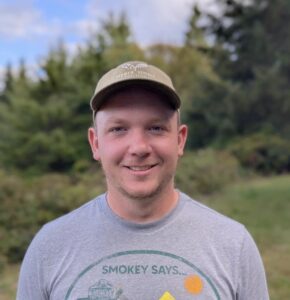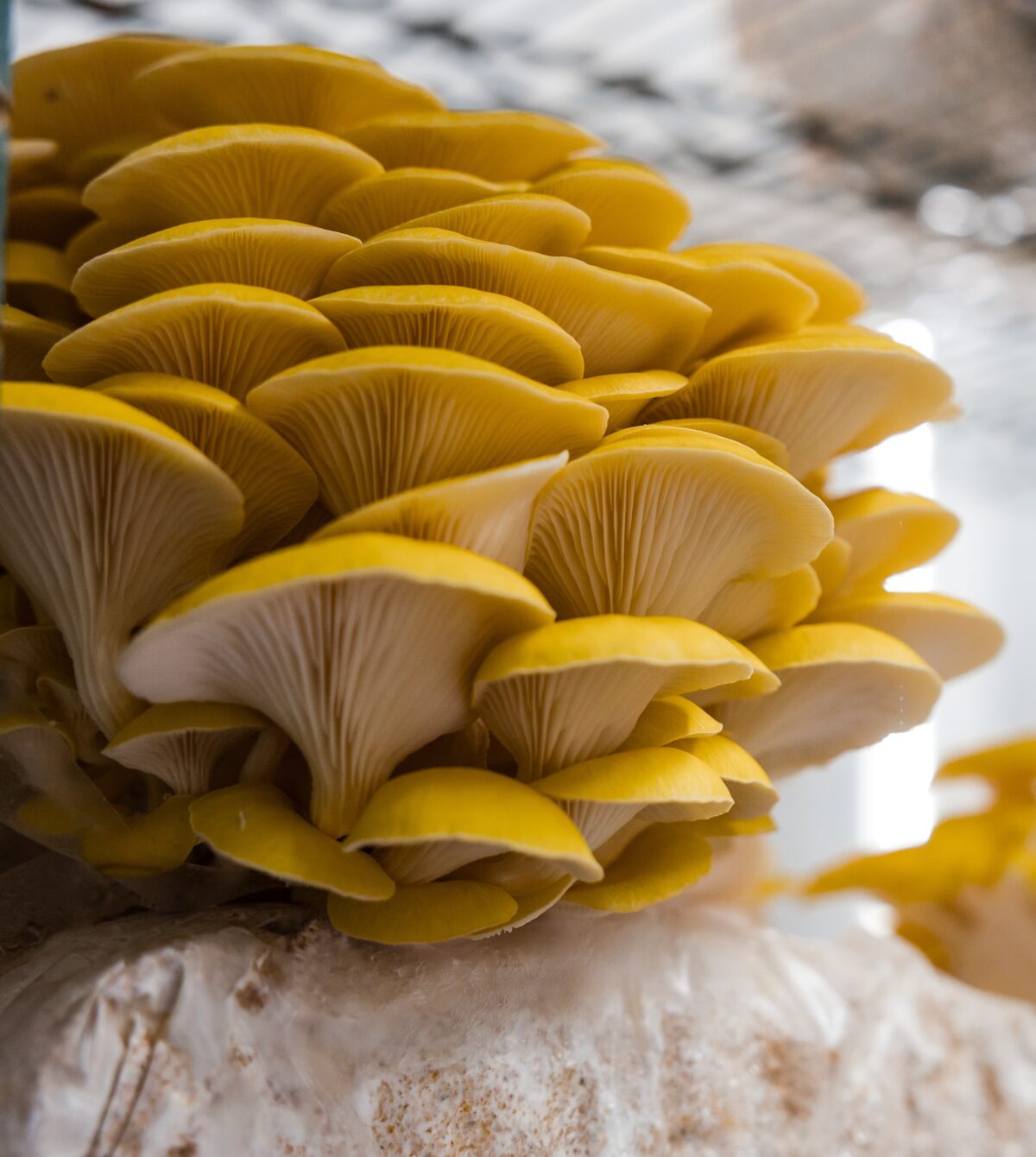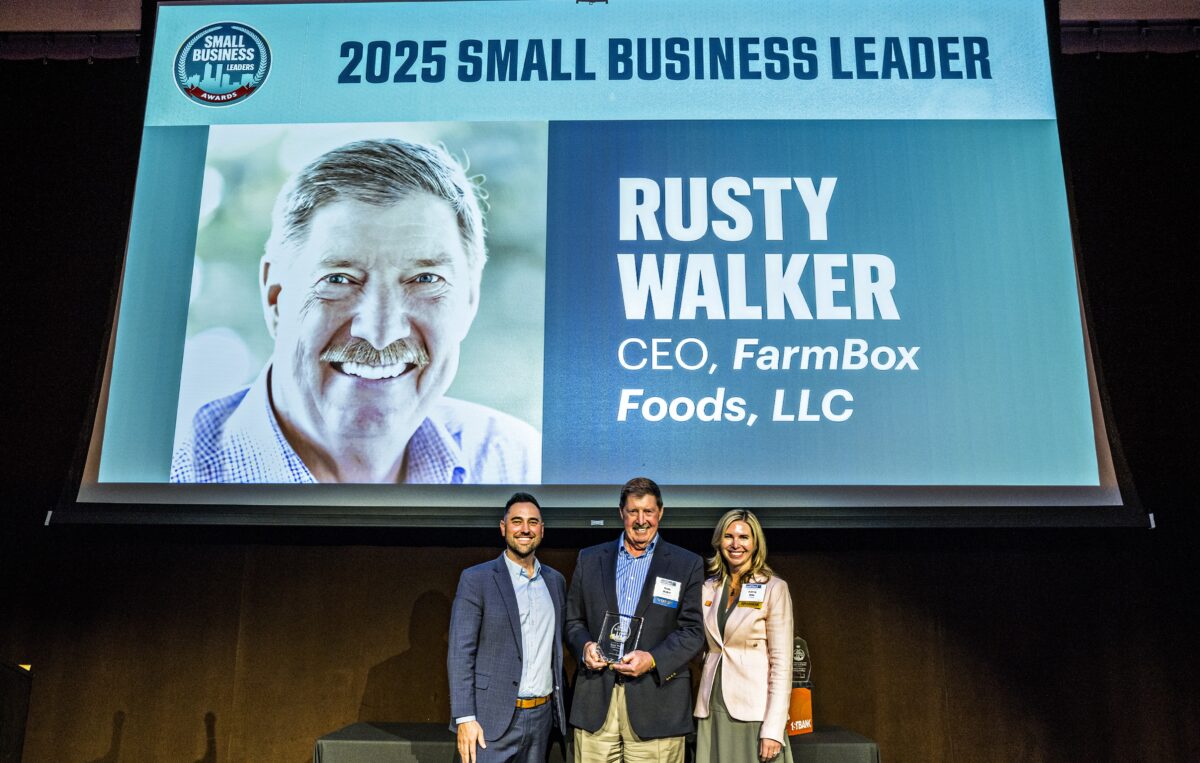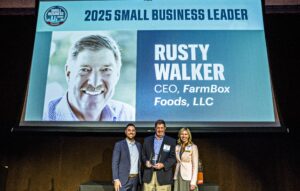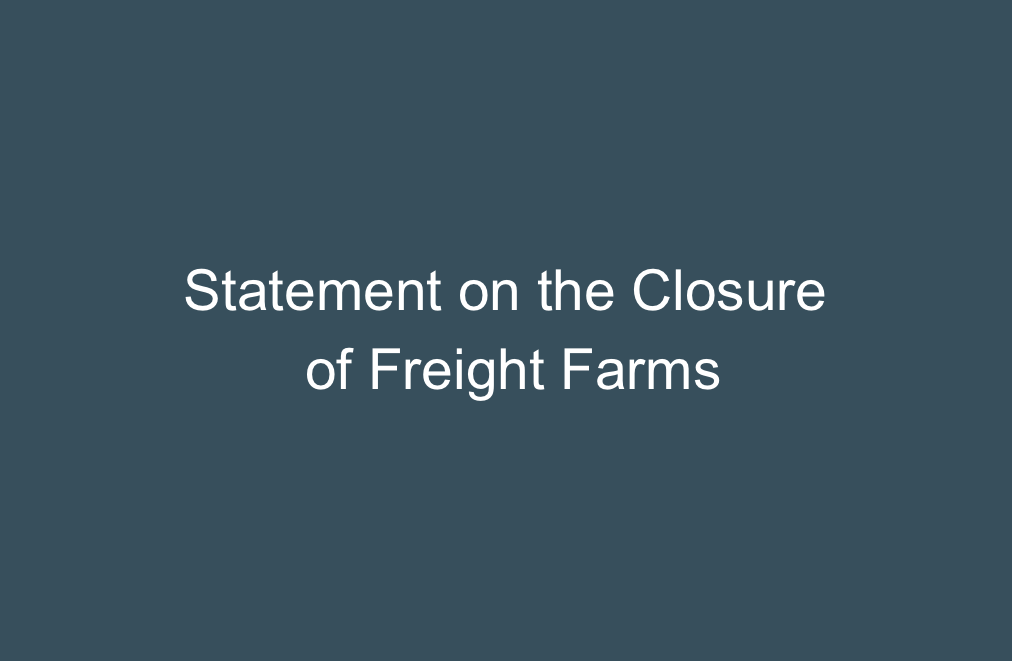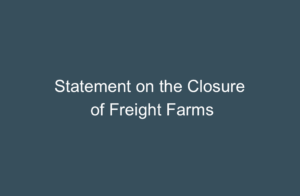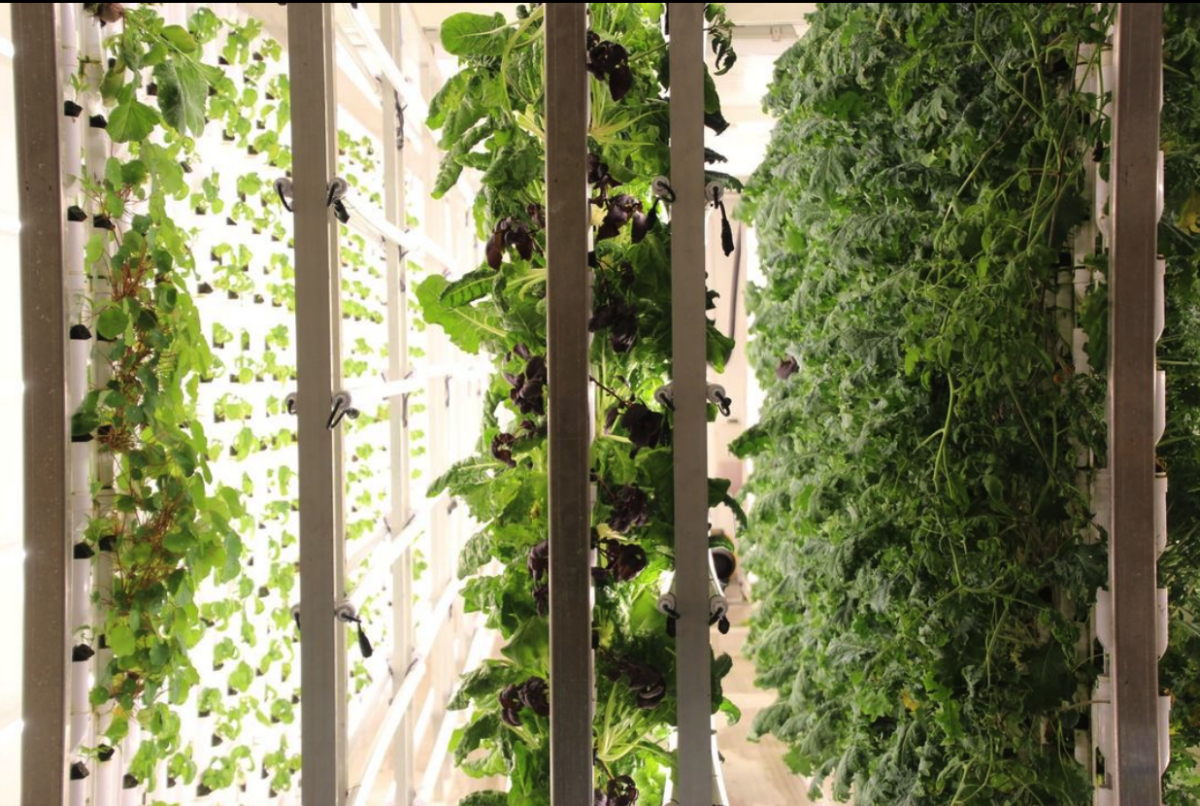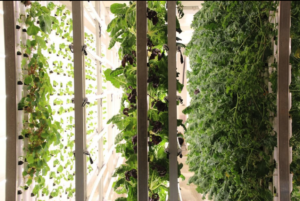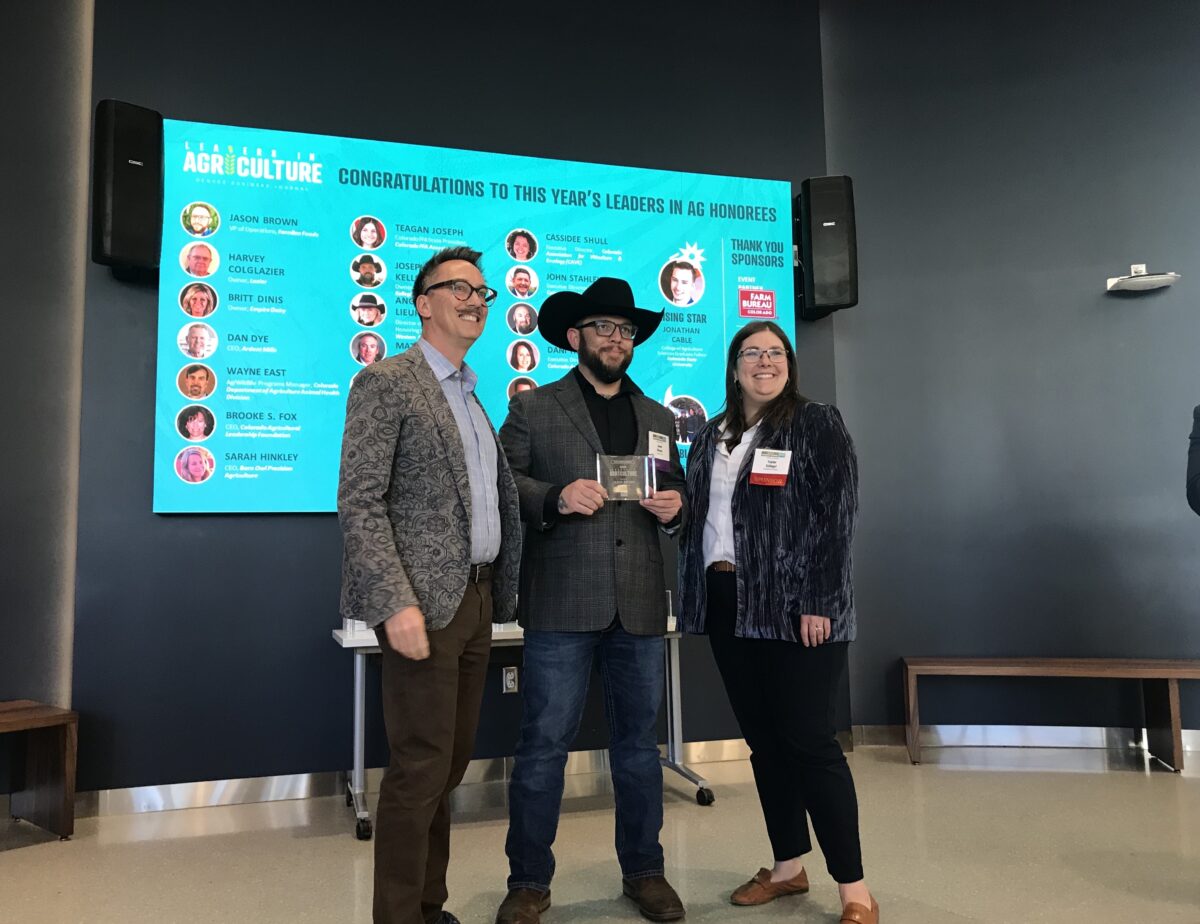Brynne Doughten, Sales Program Development for FarmBox Foods

Tell me about where you grew up.
I grew up in the Western Suburbs of Chicago. Downers Grove, where the winters were brutal but the pizza made up for it. 🤪 It was a classic Midwest 90’s upbringing: bike rides until the streetlights came on, lemonade stands with a questionable ROI, and character-building extracurriculars. I was an athlete, a theater kid, and a nature lover – a mix that still defines me today.
As a child, what did you want to be when you grew up?
My first career aspiration was to be a “Dolphin Swimmer” at the Shedd Aquarium in downtown Chicago. That trajectory shifted over time, but I always had a deep curiosity for how things work and a desire to make things better – for people, for communities, and for the planet.
Tell me a little bit about your professional background.
My background is rooted in relationship-building and purpose-driven service. I spent several years in healthcare, supporting operating room teams and women’s health clinicians, particularly in diagnosing and treating breast cancer. It was meaningful and challenging work that taught me the power of impact-driven innovation. Over time, I began to crave a more holistic, community-centered approach to wellness and impact. I wanted to shift from reactive healthcare to proactive solutions that support people and the planet. That calling led me to FarmBox Foods – a place where I could blend my professional skills with my personal values. Here, I get to be part of a mission that’s grounded in sustainability, equity, and food as medicine.
Give a brief overview of your role with the company.
I lead Sales Program Development, which means I’m part strategist, part systems builder, and part professional dot-connector. I refine our sales process, build tools that make our team stronger, and work closely with prospects to turn curiosity into commitment. I also collaborate cross-functionally to ensure our mission stays aligned with the humans we serve – whether hospitals, schools, organizations, or entrepreneurs.
Tell me about your education experience and how it may have prepared you for this role.
My formal education came from the University of Kentucky, and like many people, it wasn’t a straight line. I studied nursing, communications, and healthcare ethics – an unexpected mix that taught me how the body works, how people think, and how they make decisions. But honestly, life and motherhood have been my greatest teachers. They’ve taught me how to juggle priorities, lead with empathy, and stay grounded under pressure. Lessons that shape how I show up in my role every day.
What do you like most about being at FarmBox Foods?
The people. Hands down. This is a team that believes in what we do and shows up – for each other, our partners, and the communities we serve. I also love that I get to be part of something bigger than myself. We’re not just selling a product – we’re changing how the world thinks about food, sustainability, and self-reliance. That’s powerful stuff.
Share a little bit about your personal life and family.
I’m married to my college sweetheart, and we have two awesome kids – Perry, our almost 5-year-old, is thoughtful, nature-loving, and thrives on rhythm and routine. She’s got an old soul and a curious mind. Eamon, our almost 2-year-old, is joyful, wild, and full of mischief in the best way. They keep us humble, tired, and wildly in love with life.
I’m very family-centered. My people are my world. Like Perry, I’m also big on rituals and rhythm – Sunday dinners, bedtime stories, music always playing in the kitchen. That’s where my heart lives.
What do you like to do for fun?
I am a sourdough nerd (I’ve even sell a few loaves on the side), a passionate gardener, and a wannabe herbalist. I love being outside – digging in the dirt, foraging, chasing my kids through the yard. I’m also into cooking from scratch and finding magic in the mundane. When I do get a rare moment alone, you’ll find me with a book, a tea, and probably five tabs open planning my next project.


